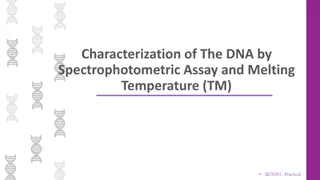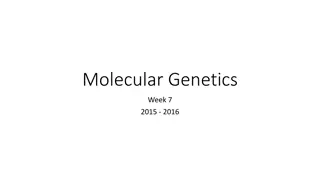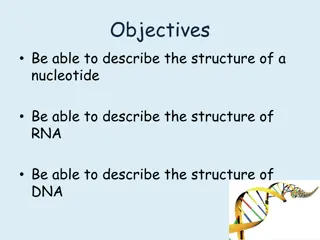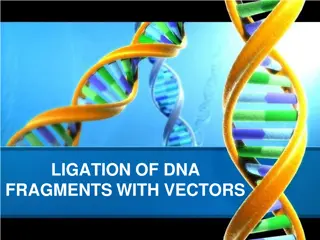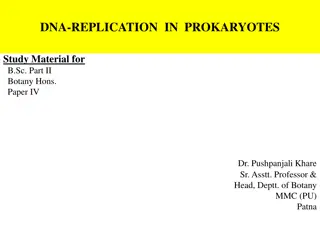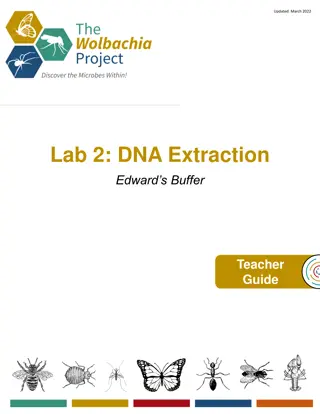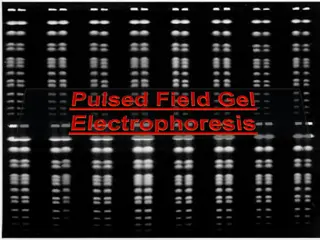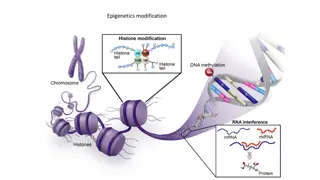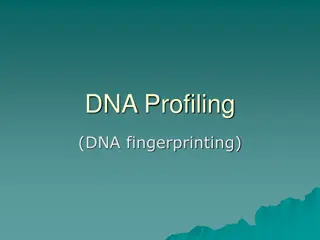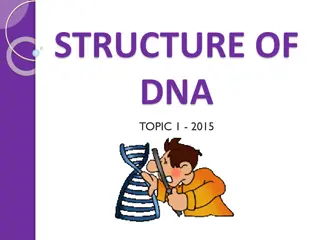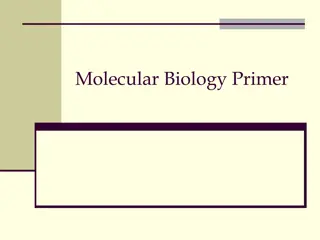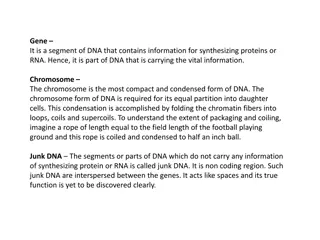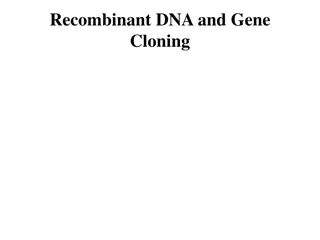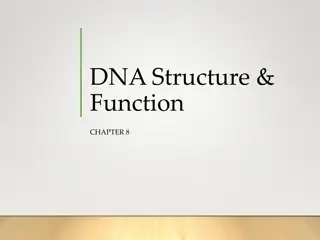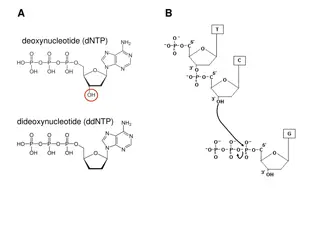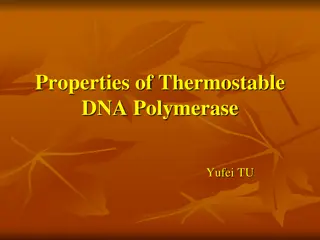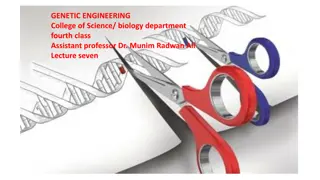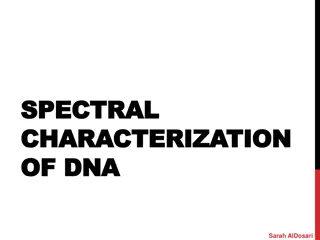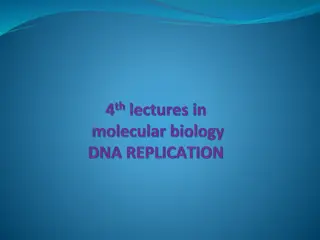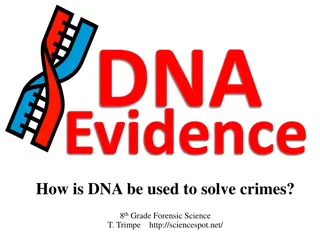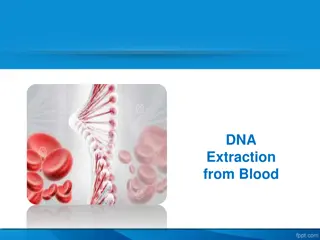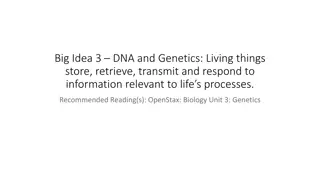Unraveling the Story of DNA: From Discovery to Structure
Explore the fascinating world of DNA, the blueprint of life, starting from the groundbreaking Hershey-Chase experiment in 1952 to the discovery of its structure by Watson and Crick. Learn about nucleotides, base pairs, and the key contributors like Rosalind Franklin and Erwin Chargraff. Delve into the intricate details of DNA's double helix structure and the significance of its role in genetics.
Download Presentation

Please find below an Image/Link to download the presentation.
The content on the website is provided AS IS for your information and personal use only. It may not be sold, licensed, or shared on other websites without obtaining consent from the author.If you encounter any issues during the download, it is possible that the publisher has removed the file from their server.
You are allowed to download the files provided on this website for personal or commercial use, subject to the condition that they are used lawfully. All files are the property of their respective owners.
The content on the website is provided AS IS for your information and personal use only. It may not be sold, licensed, or shared on other websites without obtaining consent from the author.
E N D
Presentation Transcript
DNA "The Blueprint of Life"
Hershey-Chase Experiment Hershey-Chase experiment: 1952 experiment that determined that DNA was the genetic material. Alfred Hershey (1908-1997) and Martha Chase (1923-2003) showed that the DNA, not the protein, of the phage virus contains the phage genes. After a phage particle attaches to a bacterium, its DNA enters through a tiny hole while its protein coat remains outside. Key to the success of the experiment was showing that viral infection was unaffected by violent agitation in a kitchen blender (a Waring Blendor) which removed the empty viral protein shells from the bacterial surface. The Hershey-Chase experiment became known as the "blender experiment." https://www.youtube.com/watch?v=X1cd68YkVdM http://highered.mheducation.com/olcweb/cgi/pluginpop.cgi?it=swf::535::535::/sites/dl/free/0072437316/120076/bio21.swf::Hershey+and+Chase+Experiment
DNA stands for... DeoxyriboNucleic Acid
DNA FACTS Discovery of DNA and Nobel Prize to James Watson and Francis Crick Described specifics of the double helix structure
DNA FACTS Francis and Crick built on the research of: Rosalind Franklin determined double-helix shape using x- ray crystallography Erwin Chargraff determined that the number of pyrimidines= purines (complementary base pairing)
DNA Facts: (contd) codes for your genes (traits) made of repeating subunits called nucleotides two anti-parallel strands
What is a nucleotide? Has three parts: PHOSPHATE DEOXYRIBOSE (sugar) BASE : Purines: (hex plus pent structure) Adenine, Guanine Pyrimidines: (hex structure) Cytosine, Thymine, Uracil
Base-Pair Rule Adenine <==> Thymine Guanine <==> Cytosine The sides of the DNA ladder are phosphate & sugar held together by hydrogen bonds
Base Pair Rule One side: A T A T C A T G C G G G Other side:
How the Code Works The combination of A,T,G,C determines what traits you might have..... C A T C A T = purple hair T A C T A C = yellow hair
Think of the bases of DNA like letters. Letters form words.... Words form sentences.... *endless combinations
Let's Review What We Know About DNA 1. DNA stands for: De _____ ribo ______ acid 2. What is the shape of DNA? _______________ 3. Who established the structure of DNA? ____________ 4. Adenine always pairs with _______________ 5. The sides of the DNA ladder are deoxyribose and _____ 6. Guanine always pairs with _____________ 7. What is the complimentary sequence: A A T G C A 8. The two sides of DNA are held together by _______ bonds. 9. DNA is composed of repeating subunits called ______________________ 10. What are the 4 bases that make up the rungs of the DNA ladder? _______________________________________
DNA REPLICATION the process by which DNA makes a copy of itself (cell division) SEMI-CONSERVATIVE - half of the old strand is saved
RNA - the messenger *single strand *ribose sugar *contains no thymine, uracil instead *follows base pair rule DNA: A T A G C G RNA:
RNA carries the "message" to the ribosomes, where proteins are made
DNA --> RNA --> Protein Proteins are the building blocks of the organism (traits)
Transcription - process where RNA is made from DNA Translation - process where proteins are made from RNA


